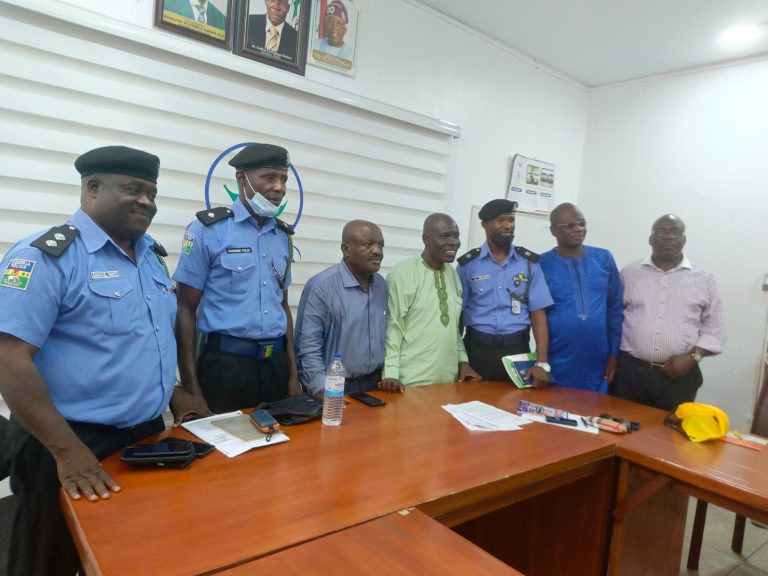
Journalists have been urged to exercise greater caution in their online activities, particularly in their choice of words, to avoid legal pitfalls in the digital space.
This call came from Superintendent of Police Abubakar Smart, the Acting Assistant Director of the Nigeria Police Force National Cybercrime Centre, during a cybercrime workshop organized by the Maritime Reporters Association of Nigeria (MARAN) in Lagos.
Smart emphasized the potential consequences of irresponsible digital behavior, stating that “the pen can be sharper than the knife,” and warned journalists to be mindful of their online posts, as any misstep could lead to serious legal consequences under Nigeria’s cybercrime laws. He stressed that while many associate cybercrimes with internet fraud, the reality is much broader and includes a wide range of digital threats.
“Most people think of cybercrime solely as internet fraud, but it’s much broader than that. It has evolved into a global threat due to the way we engage with digital technology and interact online,” he said. To protect themselves from unintentionally violating the law, Smart urged media professionals to familiarize themselves with the provisions of the Cybercrime Act of 2015, as amended.
According to Smart, cybercrime encompasses all illegal activities conducted within cyberspace, including on social media platforms. Offenses like cyberbullying, stalking, identity theft, phishing, and online fraud are all considered cybercrimes, he said, adding that these offenses carry severe penalties, including prison sentences of up to 10 years, heavy fines, and the forfeiture of assets.
He also highlighted the key role of regulatory bodies in maintaining the safety of Nigeria’s cyberspace. “We should be aware of the agencies responsible for regulating the digital space, such as the National Cybercrime Commission, the Central Bank of Nigeria (CBN), and the Economic and Financial Crimes Commission (EFCC),” he said.
Dr. Layinka Adagun, a Mass Communication Lecturer at Lagos State Polytechnic, also spoke at the event, cautioning journalists about the risks they face in their pursuit of exclusivity and recognition online. He warned that the drive to break news first and become online superstars could make media professionals vulnerable to cyberattacks or harassment.
Adagun noted that many journalists mistakenly believe their intellectual work and daily activities are separate from internet governance, a misconception that leaves them exposed to cyber threats.
“The internet is a powerful tool that allows for freedom of expression. However, this same freedom has come under attack, with users being intimidated or silenced,” he explained.
To protect themselves from cybercrime, Adagun urged journalists to be proactive in securing their online activities. He suggested several practical measures, such as using strong passwords, being cautious with email links and attachments, keeping software updated, and implementing cybersecurity policies within















